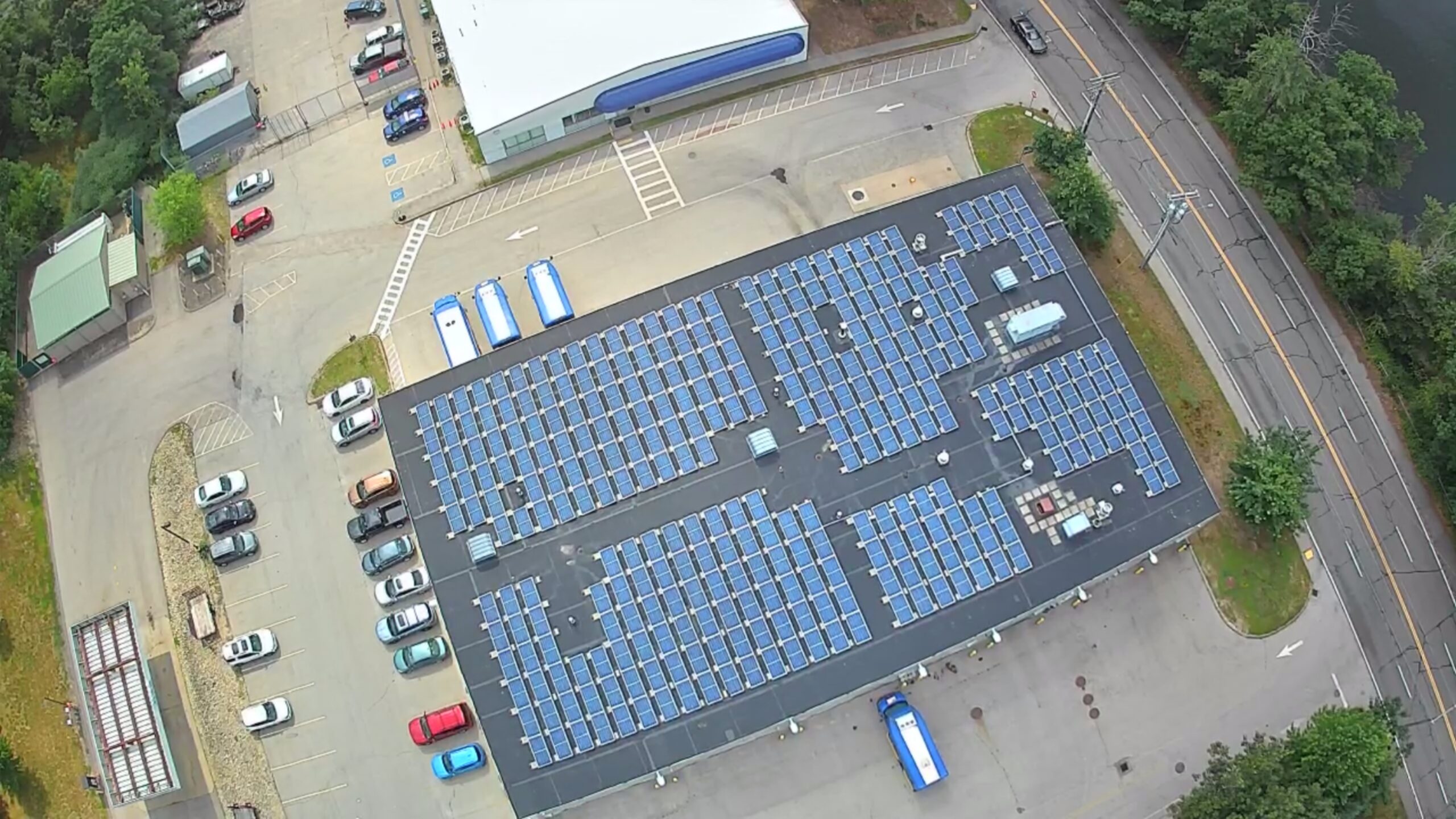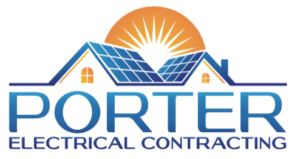Commercial Solar
2025 Federal Tax Incentives: What’s Still Available for Homes and Businesses?

2025 Federal Tax Incentives: What’s Still Available for Homes and Businesses?
As of April 2025, several tax incentives remain available to individuals and businesses aiming to reduce their tax liabilities while promoting energy efficiency and economic growth. Below is an overview of key federal tax incentives still in effect:
1. Energy Efficient Home Improvement Credit
Homeowners can claim a tax credit for making qualified energy-efficient improvements to their primary residences. This credit covers 30% of the cost of eligible improvements, with a maximum annual credit of $3,200. Specific limits include up to $1,200 for energy property costs and certain home improvements, and up to $2,000 for qualified heat pumps, biomass stoves, or biomass boilers. Eligible expenses encompass exterior doors, windows, insulation, central air conditioners, and water heaters. This credit is available through 2032.
2. Residential Clean Energy Credit
This credit offers homeowners 30% of the cost for installing renewable energy systems such as solar, wind, geothermal, and battery storage technologies. The credit is set at 30% through 2032, decreasing thereafter, and is available until 2034.
3. Alternative Fuel Refueling Property Credit
Homeowners installing qualified alternative fuel vehicle refueling property, including electric vehicle chargers, may be eligible for a credit of 30% of the installation cost, up to $1,000. This credit is available through 2032.
4. Clean Vehicle Incentives
Businesses investing in clean vehicles can benefit from the Credit for Qualified Commercial Clean Vehicles, offering up to $40,000 per vehicle, with a $7,500 maximum for vehicles under 14,000 lbs. This incentive is available to businesses and tax-exempt organizations.
5. 100% Bonus Depreciation for Business Assets
Businesses can immediately deduct the full cost of eligible assets, such as office equipment, machinery, and vehicles, in the year they are placed in service. This provision aids in preserving cash flow and encouraging investment in business growth.
6. Standard Deduction Increases
For the 2025 tax year, the standard deduction amounts have increased to $14,600 for individuals and $29,200 for married couples filing jointly, reducing taxable income and potentially lowering overall tax liability.
It’s important to note that tax laws are subject to change. Taxpayers should consult with a tax professional or refer to official IRS resources to ensure eligibility and compliance with current tax incentives.
Ready to reduce your electrical bill? Contact Porter Electrical today for a free consultation and see how solar can work for your home or business.
Book Time With A Renewable Energy Expert Today: Book Now!

